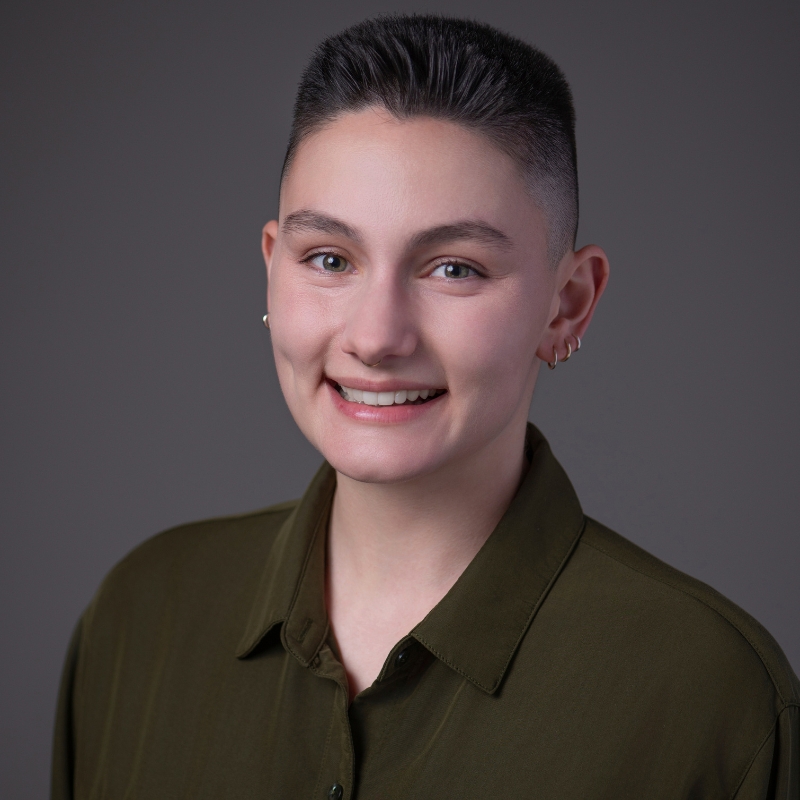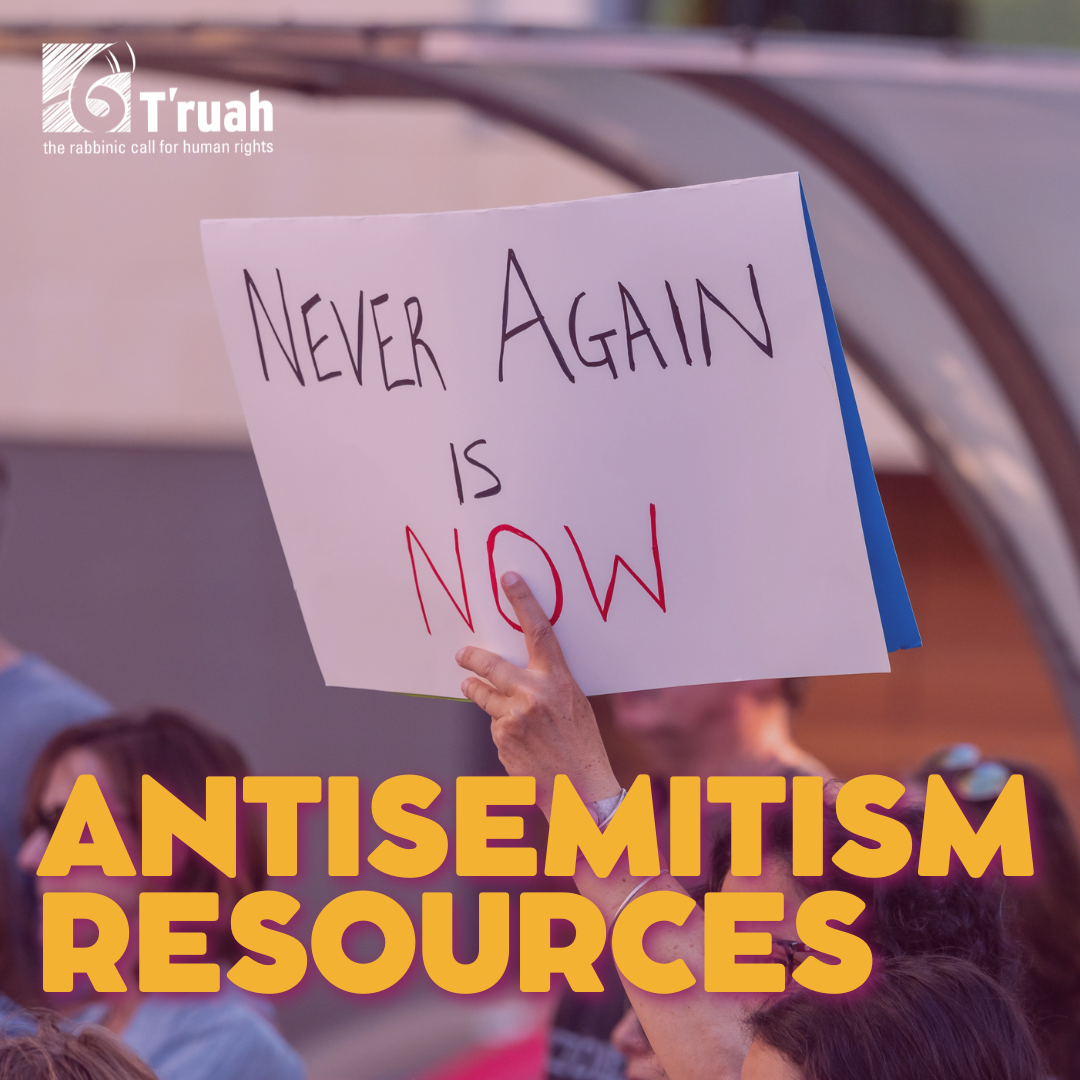Resources
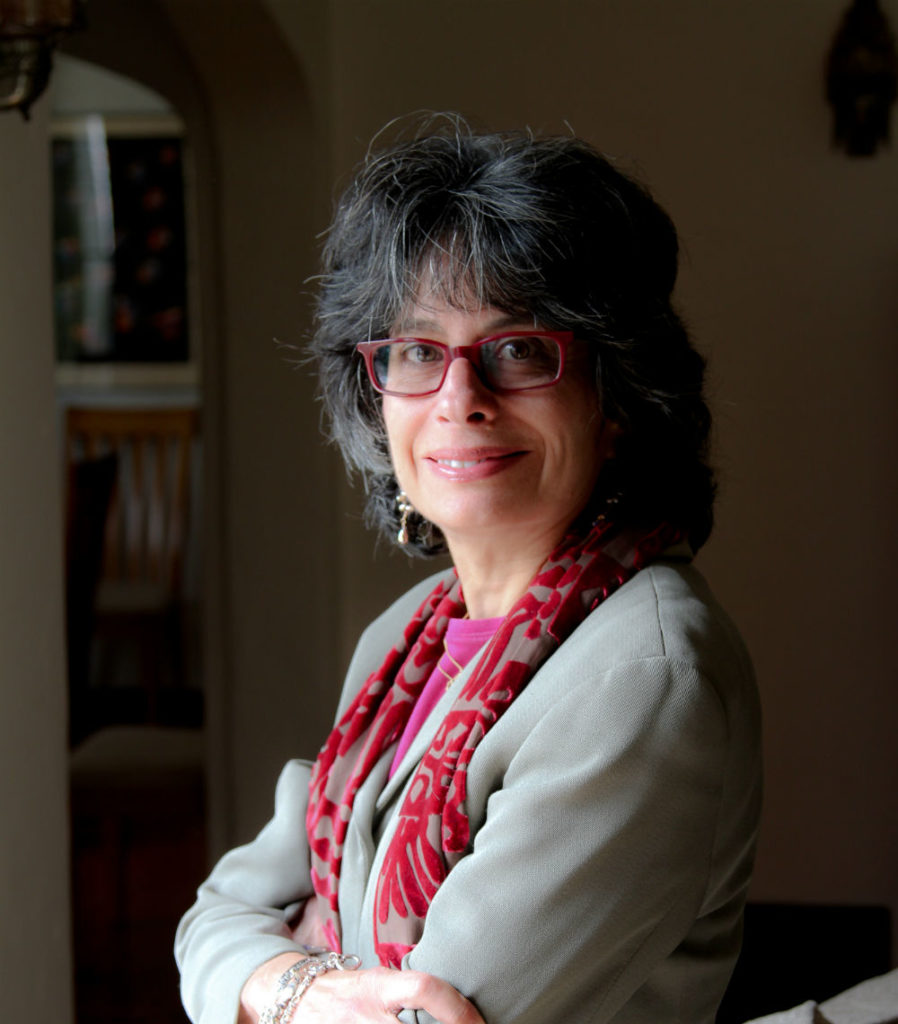
Blowback and Other Surprising Consequences
US government policies have consequences—both foreseen and unforeseen. Thirty years ago, we armed Afghani rebels, the mujahedeen, in their fight against the Soviet Union, the so-called “evil empire.” One of those rebels was named Osama bin Laden, and you know the rest of that story. The CIA has a term for this kind of operation gone...
more
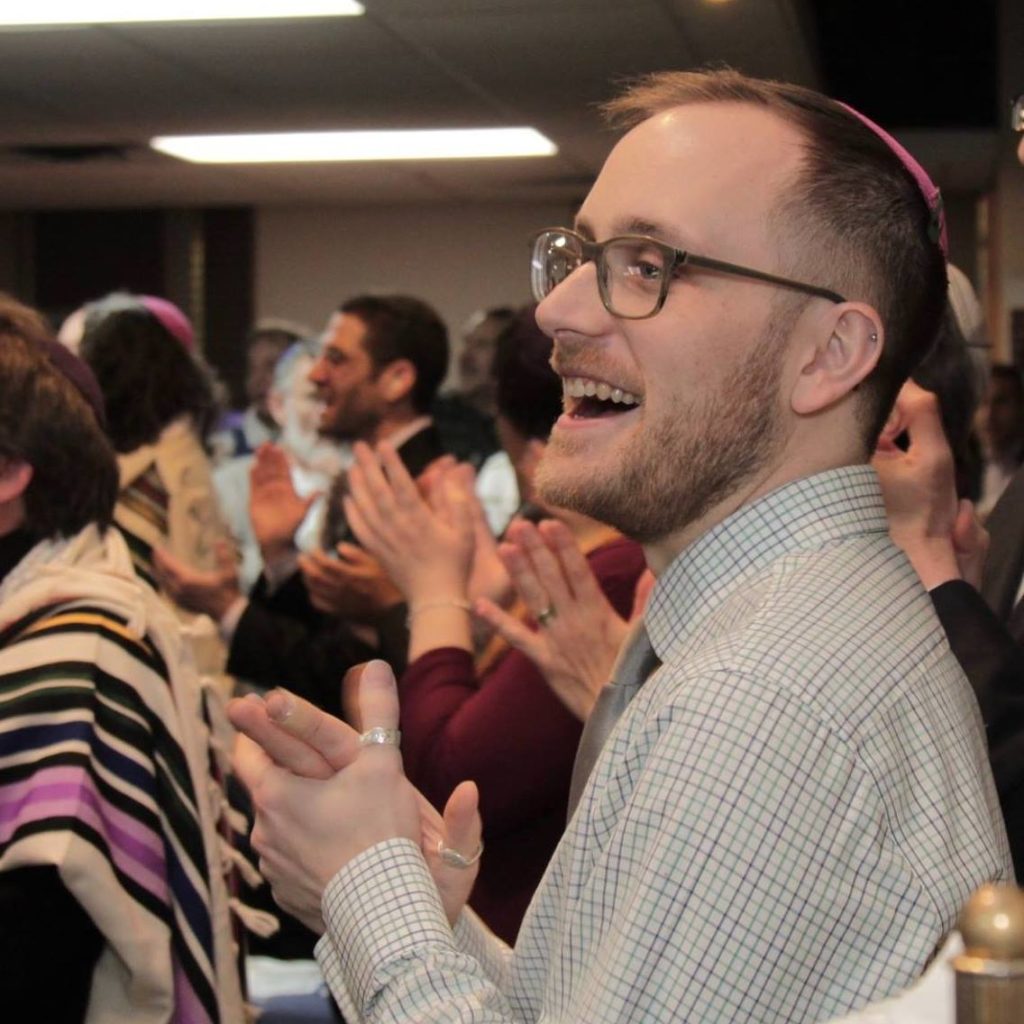
Coming and Going
As I noticed the bumper stickers on the back of the car, I felt my breath catch in my throat. I turned my head as I passed to peer into the window at the driver, trying to see what kind of person would want to “make America great again.” What kind of person would want...
more
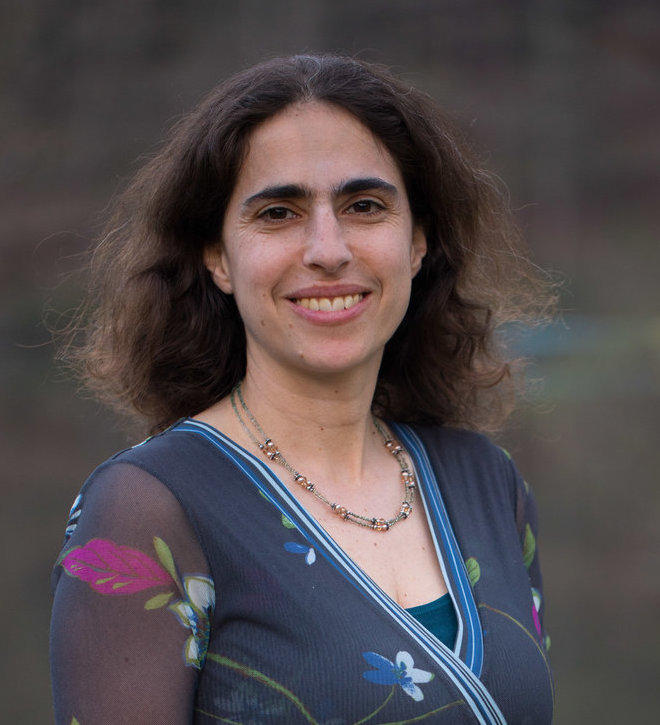
The Mournfulness of Her Song: Hearing the Cries of the Enslaved
On my recent visit to the National Museum of African American History and Culture in Washington, DC, I was moved to tears by one of the readings displayed in the darkened memorial room to those who were transported to America on slave ships from Africa. I learned that the chained slaves would sing songs of...
more
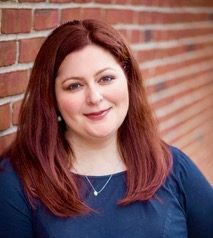
Powerful Kings and Degraded Hallelujahs
Right now, our society is in the middle of an important discussion about how we deal with sexual harassment and assault, especially from our leaders and other public figures. With the grossly inappropriate conduct of media moguls, actors, comedians, celebrity chefs, professional athletes, news anchors, business executives, clergy, politicians, and other powerful men coming to...
more
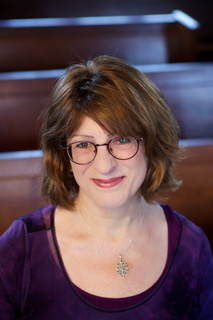
A Mirror For Our Giving
My sister is developmentally disabled. Although she is very high functioning, she still needs a lot of support, including financially. She is able to live independently and, until two years ago, was fully employed. She is approaching 60 and, as she ages, her increasing physical issues affect her functioning. She was laid off from her...
more
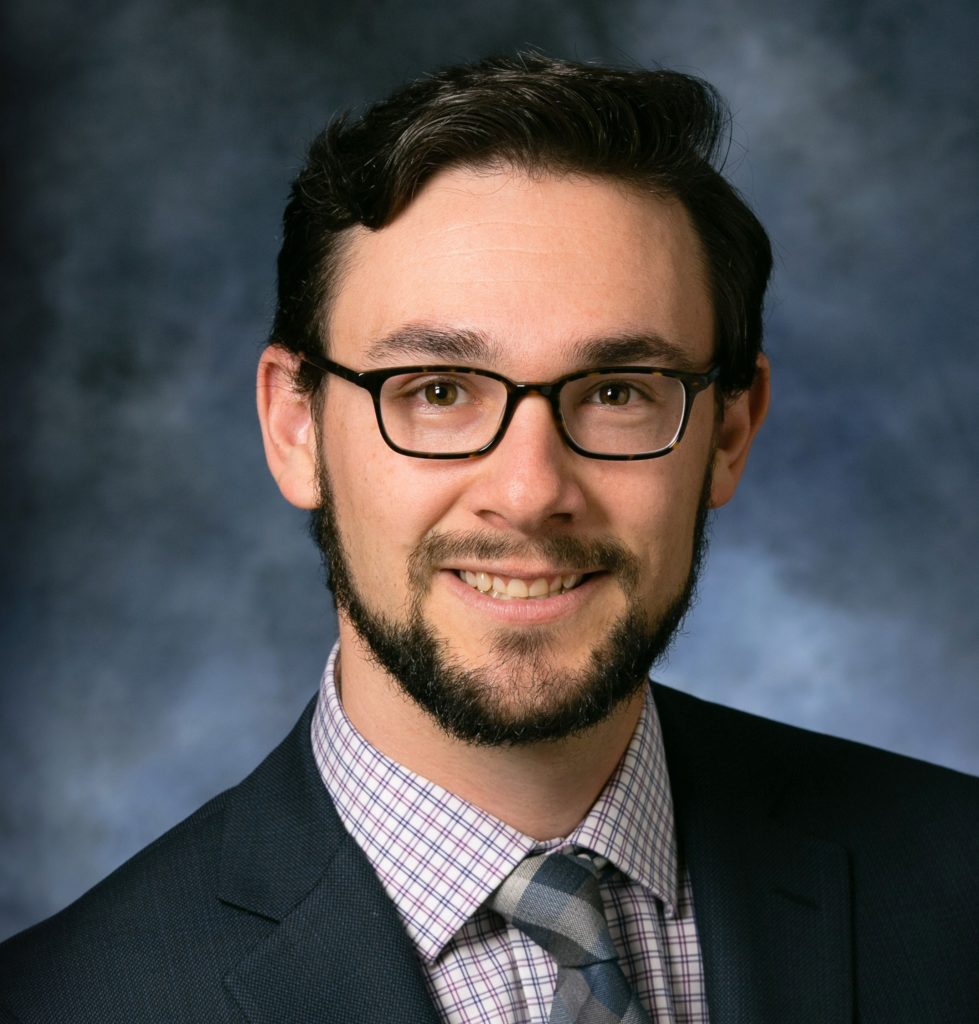
True Shalom for Planet Earth
“‘Shalom! Shalom!’ (They say.) But there is no Shalom.” (Jeremiah 6:14) The prophet Jeremiah lambasted the leaders of Jerusalem for declaring that everything was well and for making light of the very real dangers he perceived. Of course, they didn’t listen. The role of prophet seems designed for frustration. A prophet (1) calls out foreseeable disaster;...
more
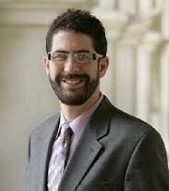
The House Is Still On Fire
The Torah this week introduces us to Abraham and Sarah, our soon-to-be parents of monotheism. Each year, I find the call from God familiar, yet still chilling: ‘lech l’cha,’ get up and leave your place of familiarity and comfort to journey to this new place, one that you don’t know, but which will help to...
more
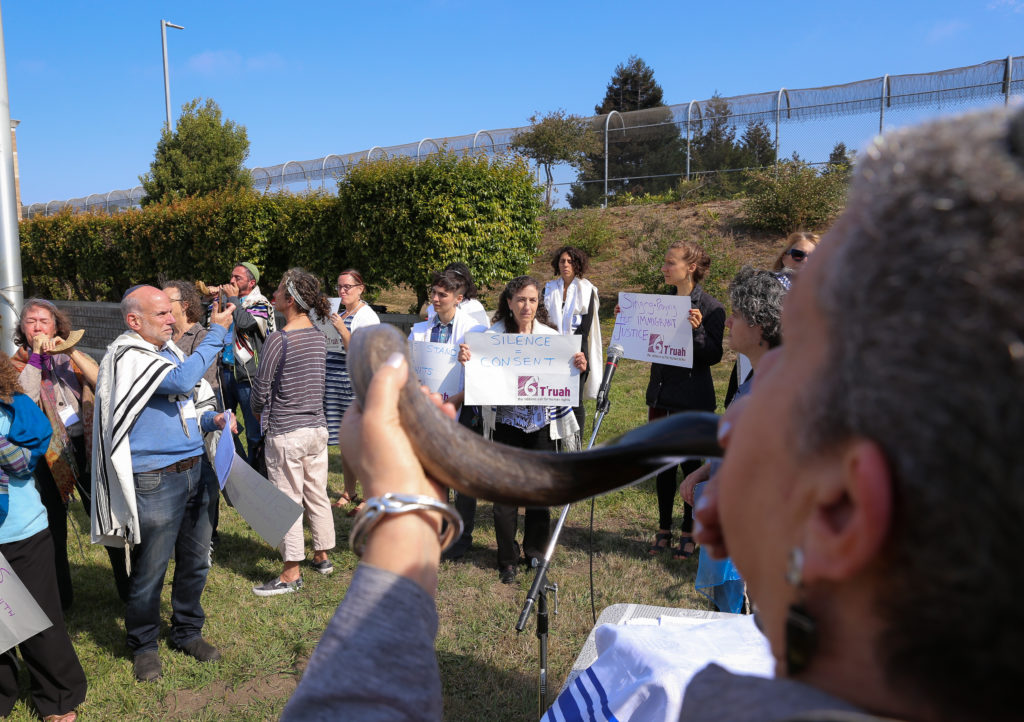
Spreading a Sukkah of Peace Over a Person in Sanctuary
My community in Boston, Nehar Shalom Community Synagogue, is part of a sanctuary cluster of six houses of worship—three Christian, three Jewish—supporting a man lacking immigration status who is currently a guest in one of the churches. I had the privilege to speak at a Sanctuary press conference during the deeply reflective days of turning...
more
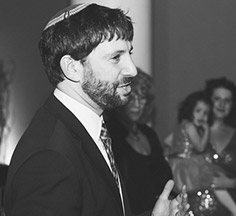
Lift Up Your Lulav And Yourself
This past summer, my family moved out of our cramped New York apartment and into a beautiful new home in western Massachusetts. The people are wonderful, there are farmstands selling local fruits and veggies everywhere, and there are lots of hiking trails minutes from our front door. But if you’ve ever moved to a new...
more

Al Chet Sh’chatanu
I felt rage and disappointment in their choices and positions. Being a rabbi in Texas meant I was constantly trying to connect our moral traditions to political action, while simultaneously removing any hint of partisanship from the conversation. For a long time, I walked the delicate balance, recognizing that while our values relate to our...
more

